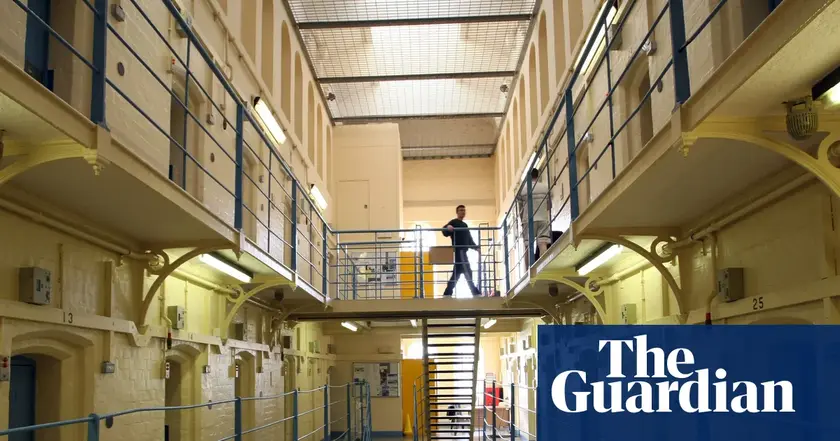T4K3.news
London protest arrests rise to 532
532 arrests at Westminster protest for Palestine Action, mostly for placard displays following the group's ban under the Terrorism Act.
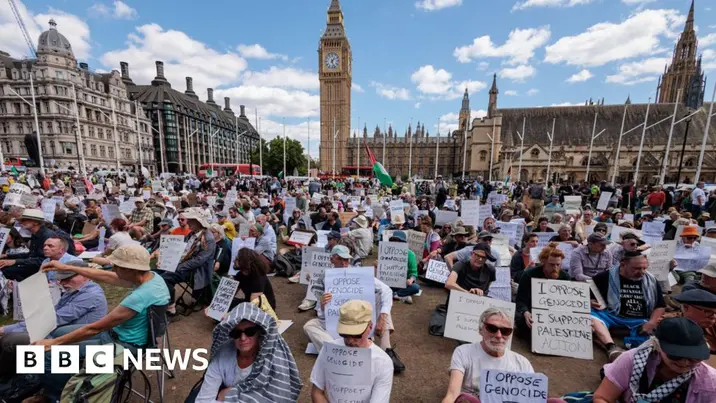
Police say the London protest saw hundreds of arrests, most for displaying placards in support of the banned group Palestine Action.
Palestine Action protest arrests rise to more than 500
532 people were arrested at Saturday's demonstration in London in support of the banned group Palestine Action. The Metropolitan Police said 521 arrests were for displaying placards at Westminster's Parliament Square, with one more at a Palestine Coalition march. Six arrests were for assaulting police officers, two for breaching Public Order Act conditions, one for obstructing a constable, and one for a racially aggravated public order offence. The protest was the largest single-day policing operation in a decade since the group was proscribed under the Terrorism Act in July, making membership or support a criminal offence punishable by up to 14 years in prison.
Police previously said the number of arrests was the largest on a single day in ten years. The average age of those arrested was 54, and 147 people aged between 60 and 69 were detained. The Metropolitan Police said its counter terrorism team is preparing case files to secure charges against those arrested as part of the operation.
Some protesters left with officers, while others who refused to move or lay on the ground were carried away. Those released on bail were instructed not to attend future demonstrations related to Palestine Action, while 212 protesters who refused to provide details or were already on bail remained in custody as of Sunday afternoon with those remaining expected to be released later.
Key Takeaways
"Over the coming days and weeks, officers from the Met's Counter Terrorism Command will work to put together the case files required to secure charges against those arrested as part of this operation."
Police outline the plan to file charges
"I oppose genocide. I support Palestine Action"
A protester's message heard at Westminster
"Shame on you"
Chants directed at officers during the arrests
The scale of the arrests underscores a hardening posture by police toward protests tied to a group now banned under the Terrorism Act. This raises questions about the balance between public safety and the right to peaceful assembly. The fact that most arrests were for placard displays highlights the policing of expressive acts, not only violence. The age spread suggests broad cross generational involvement, which could influence public perception and political pressure in the weeks ahead.
Public reaction will likely hinge on perceived fairness of enforcement and how charges are framed. If authorities pursue a high number of prosecutions, critics may argue the state is using the ban to curb dissent; supporters may view it as a necessary safeguard against extremist backing. The coming days will reveal how the Counter Terrorism Command frames its case files and whether the protests shift in tone or size.
Highlights
- Numbers rise while voices echo in Westminster
- Placards rise and so does the legal risk
- The street tests law and patience in equal measure
- Dissent meets the state in a crowded square
Sensitive political protest and banning under terrorism law
The arrests and the use of a terrorism act framework to police political protest could raise civil liberties concerns and trigger public scrutiny or backlash.
The coming days will show how far the state will let dissent unfold.
Enjoyed this? Let your friends know!
Related News
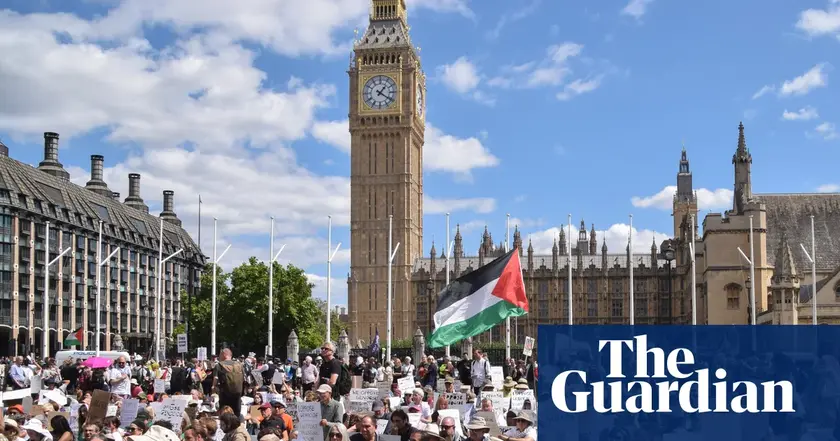
London Palestine Action protest arrests
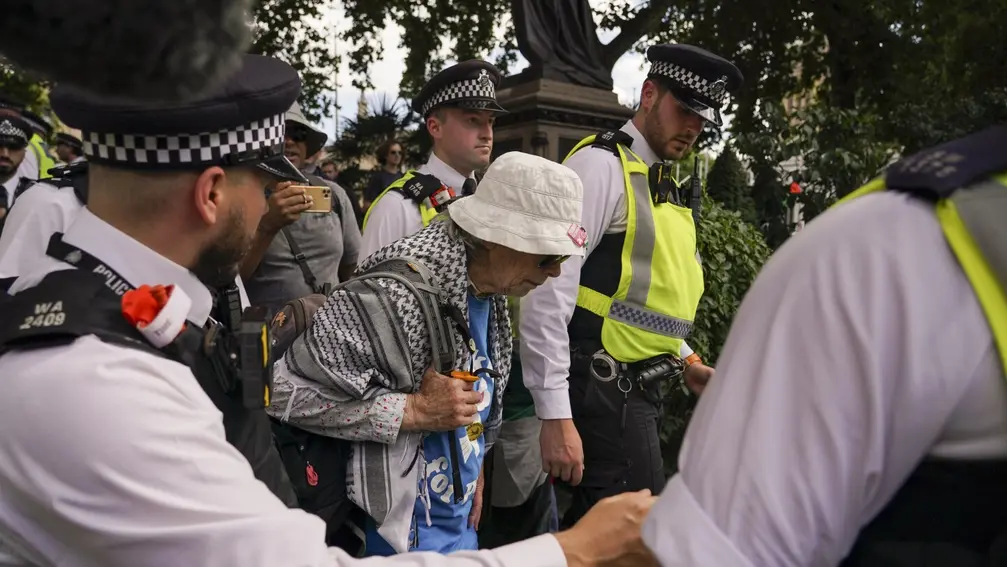
Protests test Britain's balance after ban
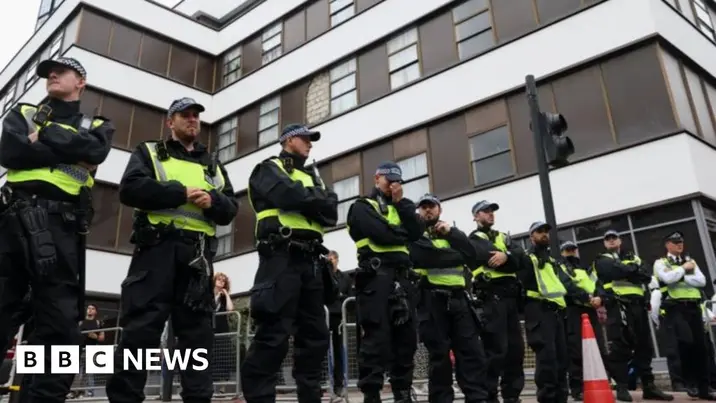
Fifteen arrests during asylum hotel protests in England

Six arrested in Epping protests against asylum seekers
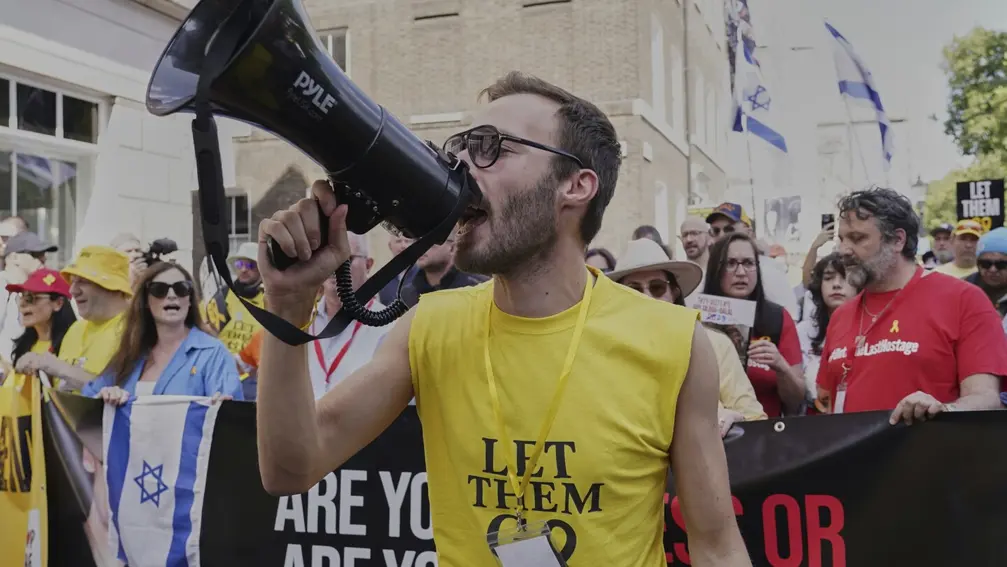
London Gaza hostage march
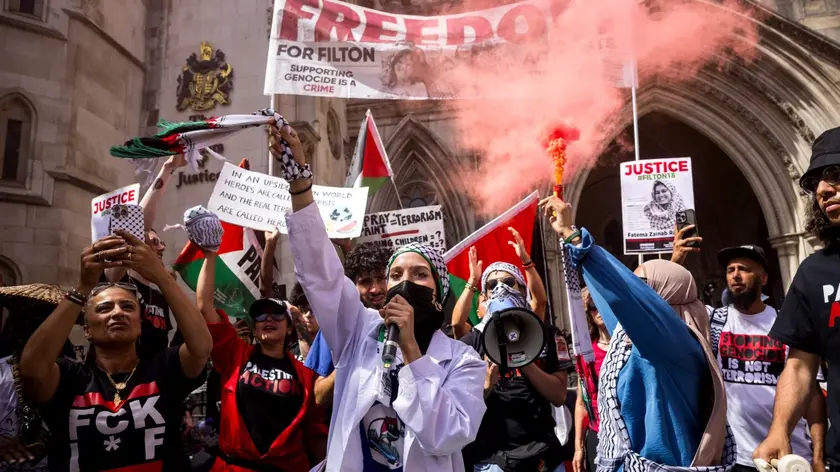
UK government bans Palestine Action amid rising support
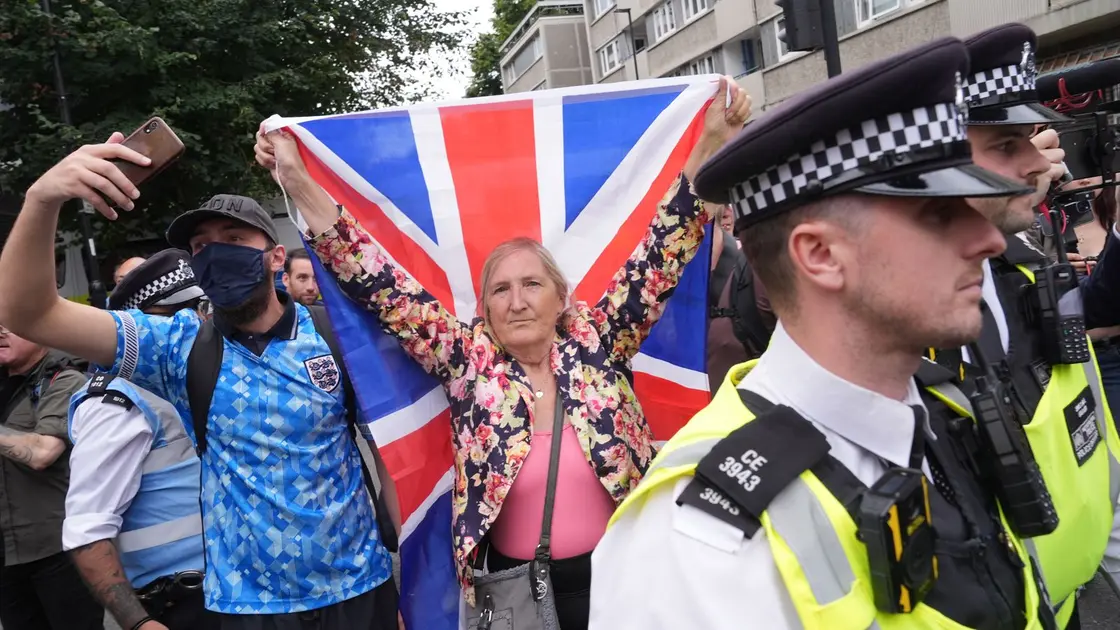
Clashes in London over asylum seeker accommodation
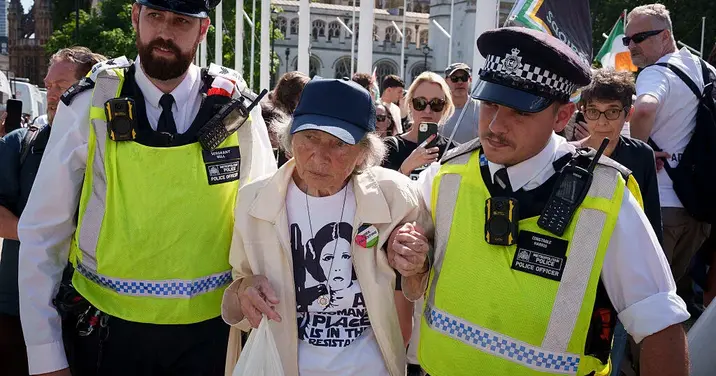
London arrests rise after Palestine Action ban
